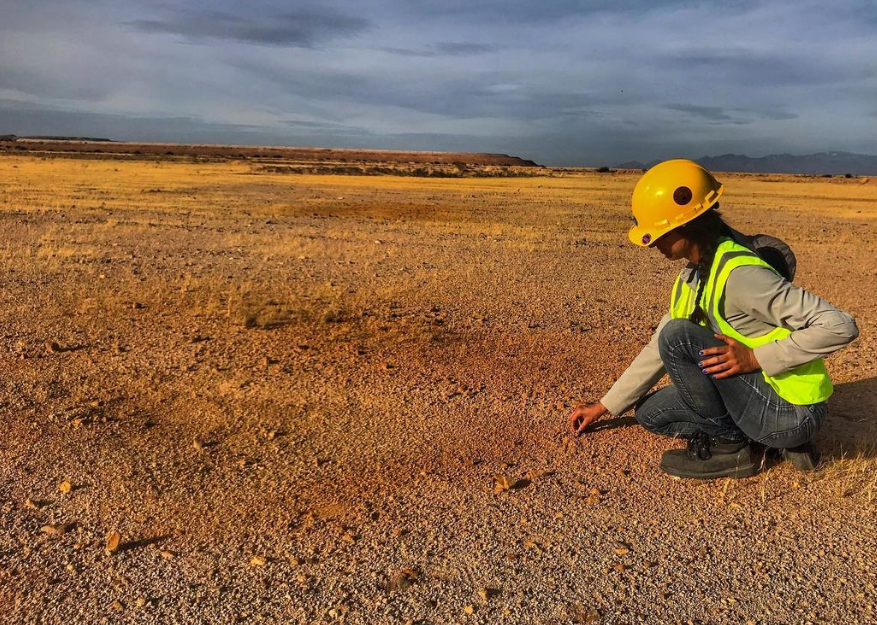I get a lot of requests for interviews, and as a science communicator, I love doing so! However, over the years, I’ve learned that I spend a lot of time educating, both how to write about Indigenous Peoples in an empowered, not deficit driven capacity, and in filling the gaps, because the US education system has done a poor job teaching, at large, about Indigenous histories and contemporary identities. I am not the expert of all Indigenous Peoples, nor do I ever strive to be. I am an individual, and imperfect one at that. This is why I have begun gathering these resources together, and I ask all who reach out for interviewing purposes, to please read these before scheduling a meeting with me. This will save both of us a lot of time and ensure we have more fruitful and intentional discussions.
Chiokoe Ut'tesia (in blessings)!
WHY SHOULD I TELL YOU? A GUIDE TO LESS-EXTRACTIVE REPORTING
What vulnerable communities stand to gain-or lose-from sharing their stories with reporters, and what reporters are doing about it.
7 tips for non-Native journalists covering Indigenous communities
Indigenous communities are often underrepresented in news coverage, and on the stories they do cover, reporters can struggle to provide accurate reporting. In an effort to address this, the University of Oregon’s School of Journalism and Communication (UO SOJC) and the university’s Many Nations Longhouse convened a panel of journalists to discuss reporting in Indigenous communities. Based on that discussion, and further research, below are eight ways non-Native journalists can accurately and effectively report on Indigenous communities.
How to Decolonize Journalism
Here are some tips for covering Indigenous communities, for non-Natives
For decades, Canadian (and American!) media have covered Indigenous communities with a heavy reliance on stereotypes - casting Indigenous Peoples as victims or warriors. This deep-seated bias in the news can have unsettling consequences for both how a community perceives itself as well as how others perceive them. Award-winning Anishinaabe journalist and longtime CBC reporter Duncan McCue is trying to change that both in the classroom and in the newsroom.
Reporters think they do ‘marginalized communities’ a favor by covering them. But that coverage is too often extractive and riddled with racist tropes. On these assignments, the reporter asks people who have already been taken advantage of (often severely, for generations), to share their story, for free, so it can be packaged and sold. Or so their outlet can sell it, or ads or subscriptions around it. The reporter gets paid. The outlet gets paid. The source gets nothing. And the reporter often justifies it by saying, “This story will help these poor people. I’m doing them a favor by covering this.” In reality, this type of story doesn’t help. In fact, it often hurts. Badly.
